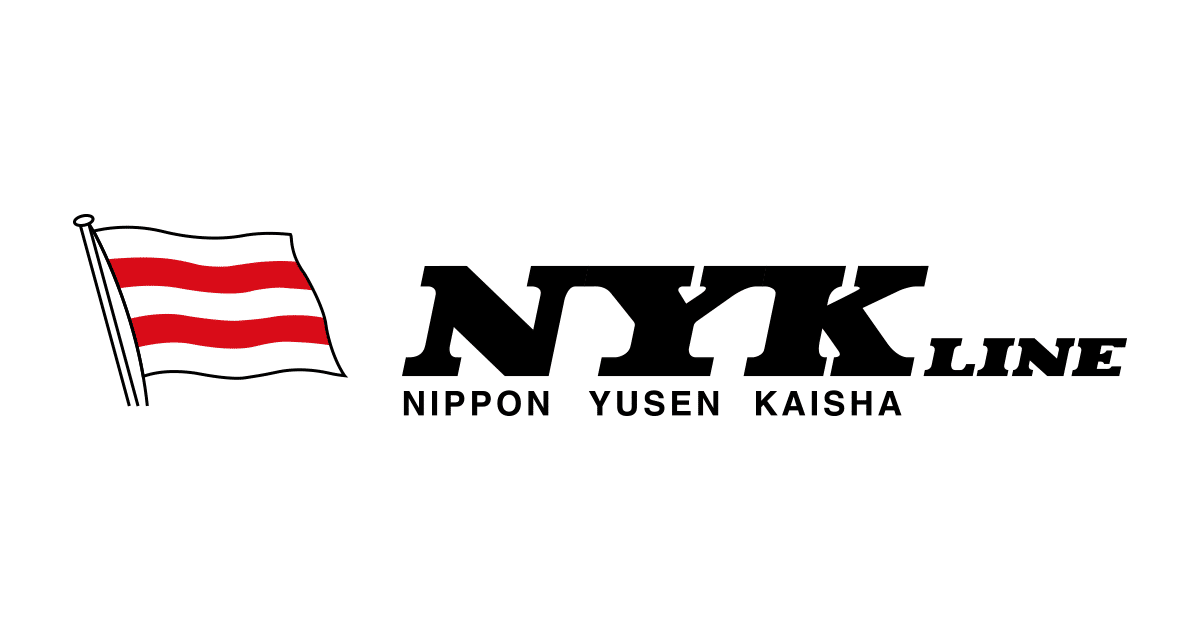03 Sep Car Shipping to France
Car Shipping to France
Are you moving to France and need your automobile to be transported there? Maybe you just wish to travel independently because you’ll be in town for a while. Whatever the motivation, moving an automobile to France may be a challenging operation. This comprehensive guide will cover everything you need to know about exporting a car to France, including the costs involved and the required papers.
Introduction to Car Shipping to France
France is a popular location for both ex-pats and visitors, and many choose to bring their own automobiles. Whether you’re migrating permanently or simply visiting, owning your own automobile in a new nation may bring a sense of comfort and freedom. On the other hand, shipping a car to France may be a challenging process that must adhere to a number of norms and restrictions.
The Costs of Car Shipping
The size, weight, shipping method, and ports of departure and destination are just a few of the variables that affect how much it will cost to send a car to France. Car shipment to France might cost anywhere between $1,500 and $5,000 on average. It is important to obtain quotations from different shipping firms in order to evaluate pricing and locate the best bargain.
To get the exact cost, click the button below:
Required Documentation
You’ll need to present a number of paperwork before your car may be sent to France, such as:
- Assertion of ownership (title or registration)
- Documents of insurance or a passport
- Bill of Sale
Title or registration
When shipping a car across international borders utilizing the Roll-on/Roll-off (RoRo) technique, evidence of ownership is necessary. The certificate of ownership is useful in proving that the person shipping the car is indeed the rightful owner.
It is essential to provide the correct ownership documentation when shipping a car via RoRo. Without the proper ownership documentation, the shipping company would decline to ship the car, which would cause delays and costlier shipping costs.
Insurance or Passport
When exporting a car to the Dominican Republic, shipping insurance is necessary, and you must provide a copy of your insurance certificate to the shipping company. The insurance certificate should provide the coverage amounts and policy dates.
Remember that you will also need to provide a Certificate of Conformity, which certifies that your car conforms to safety and environmental laws.
The passport is an essential piece of documentation that establishes the identification of the person shipping the vehicle. Both the origin and the destination nations utilize it to pass immigration and customs. At least six months should pass from the date of arrival in the country of destination for the passport to be valid.
Bill of Sale
A bill of sale is an important requirement for Roll-on/Roll-off (RoRo) exports of vehicles. The bill of sale serves as ownership proof and certifies that both the seller and the buyer have legal ownership of the car.
A copy of the bill of sale must be kept by the buyer and seller for their records, and it must be signed and dated. When transporting a car via RoRo, the shipping firm needs to see the original bill of sale as evidence of ownership.
It’s important to remember that the documentation required for shipping a car to France might change based on the shipping company and the method. Moreover, For a comprehensive list of necessary papers, make sure to ask your shipping company.
Car Shipping to France – Shipping Method
Roll-on/roll-off (RoRo) and container shipping are the two primary ways to move a car to France.
Container Shipping
Your automobile is loaded into a shipping container and sent to France as cargo via container shipping. If you wish to send additional home things together with your automobile, this is a wonderful alternative. Container shipping is often more expensive than RoRo shipping, but it provides additional security for your vehicle during transport.
Roll-on/Roll-off (RoRo) Shipping
The most popular way to send a car to France is via Roll-on/Roll-off (RoRo). RoRo shipping involves driving your car aboard a ship and securing it for transit. The weather will be exposed while your car is in transit.
The shipment duration is typically between 8 and 10 days.
It is a simple process to ship a vehicle, and it is protected from the elements by being locked in position once it has been driven onto the ship. But, it depends on the port of departure and the final destination, the RoRo shipping time might vary from 8 to 10 days.
Generally, Using RoRo shipping is a great option for exporting your automobile overseas if it is in good working order and can be driven on board the ship. It’s crucial to keep in mind that certain limitations and rules could be in place, so it’s advisable to double-check with a shipping firm or the appropriate authorities to verify compliance.
Clearance of Customs and Documentation
Setting up customs clearance and paperwork preparation is a crucial stage in exporting an automobile to the British Virgin Islands. The following steps should be taken to ensure a swift customs clearance procedure:
You will need to provide documentation, such as a bill of sale, proof of ownership, and proof of insurance, in order to clear customs.
Selecting a customs broker is an important step in transporting an automobile to the British Virgin Islands. However, A customs broker is an expert in clearing customs who can assist with the necessary documentation and procedures.
Using a customs broker has the advantages listed below:
- Saving time: By handling the customs clearance process on your behalf, customs brokers may help you save time and effort while allowing you to focus on other aspects of your shipment.
- Cost-effective: Customs brokers may assist you in obtaining the necessary permits and licenses, and they may also be able to negotiate lower customs charges and taxes on your behalf.
- Knowledge and expertise: Having extensive knowledge and experience of the customs clearance process, customs brokers can ensure the operation runs smoothly.
Before choosing a customs broker, it’s important to do some research to be sure they can meet your specific needs and goals.
Prepare Your Car
Your car must fulfil a number of standards before it may be transported to France. This comprises:
- Internal and external vehicle cleaning
- Removing all valuables and personal goods from the vehicle
- Turning off the alarm system
- ensures the vehicle is in good functioning condition (no leaks, no warning lights, etc.)
It’s important to remember that depending on the shipping business and the type of shipping, there can be additional restrictions. In addition, For a detailed list of criteria, make sure to ask your shipping provider.
Arrival and French Customs
Your car will need to pass through customs when you get to France. Normally, this procedure entails paying any import fees and taxes due in addition to presenting the proper paperwork. The customs method might take a while, so plan for any delays, it’s important to remember that.
Car Shipping to France – Getting Your Car Registered
After passing through customs, your car has to be registered in France. However, This procedure normally includes registering the vehicle with the French authorities and getting a French license plate. For the registration of a vehicle in France, the following papers are needed:
- Assertion of ownership (title or registration)
- Evidence of Coverage
- European license plate
- Technical inspection report
- Evidence of a French address
The procedure for registering a car in France might differ based on the location and the particular regulations, so it’s important to keep that in mind. Additionally, For a comprehensive list of criteria, be sure to check with the local government.
FAQs
How much does it usually cost to ship a car to France?
Depending on the size and weight of the vehicle, the shipping method, the ports of departure and destination, and other factors, the typical cost of transporting a car to France ranges from $1,500 to $5,000.
What paperwork is necessary for moving a car to France?
Proof of ownership, a passport or other government-issued identification, insurance papers, a bill of lading, and a customs declaration form are all needed when transporting a car to France.
What is the most popular way to transport a car to France?
Roll-on/roll-off (RoRo) shipping is the most popular way to transport a car to France.
How does one go about registering a vehicle in France?
Obtaining a French license plate, registering the vehicle with the French government, and submitting documentation of the vehicle’s ownership, insurance, and residence in France are all required steps in the registration of a vehicle in France.
How long does it take to have an automobile sent to France and cleared through customs?
Depending on the specifics, the time it takes to clear customs while exporting a car to France might vary, but it can be a time-consuming procedure, so be ready for some delays.
Final Thoughts
In Conclusion, Even though shipping a car to France might be a challenging procedure, with the appropriate knowledge and planning, it can also go smoothly and without any worry. Additionally, Everything you need to know about shipping a car to France has been covered in this detailed guide, from the expenses involved to the needed paperwork and customs processes.









